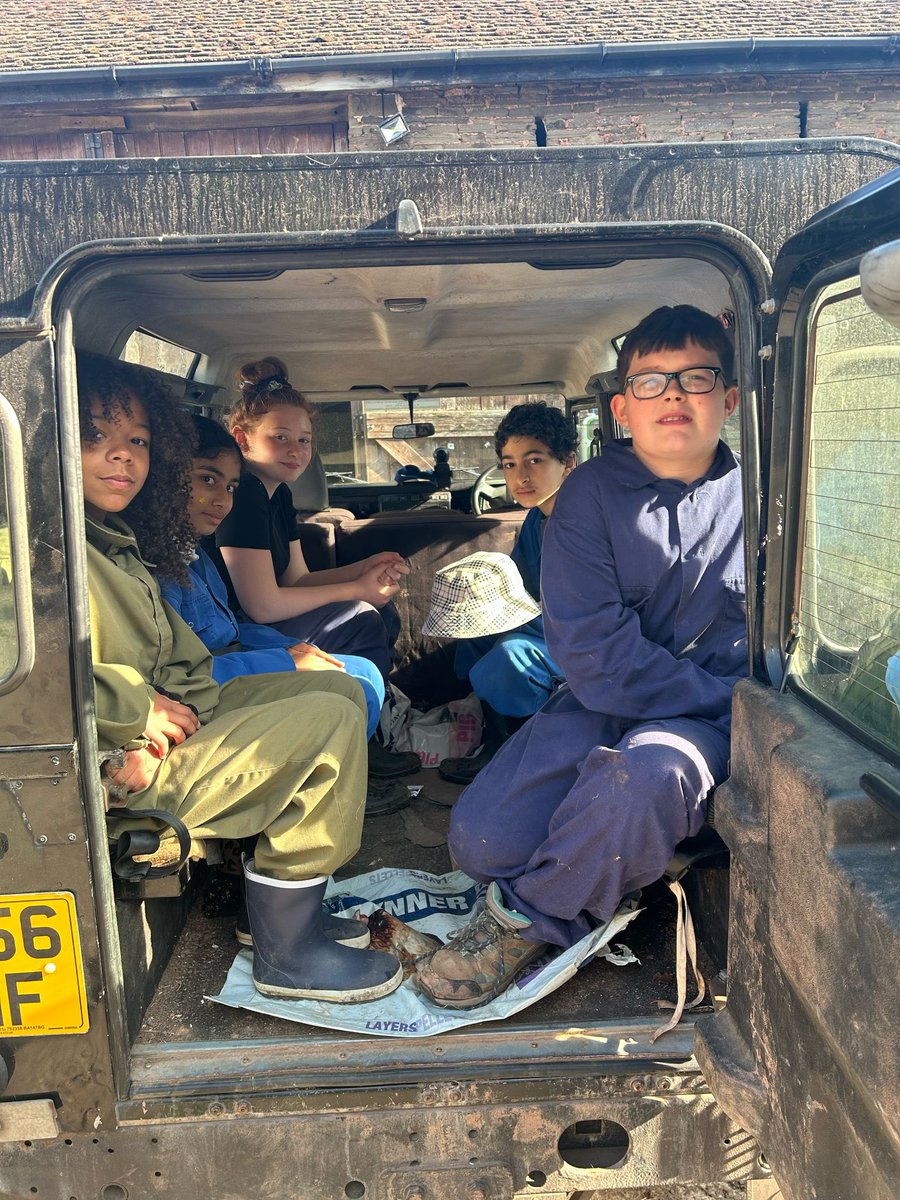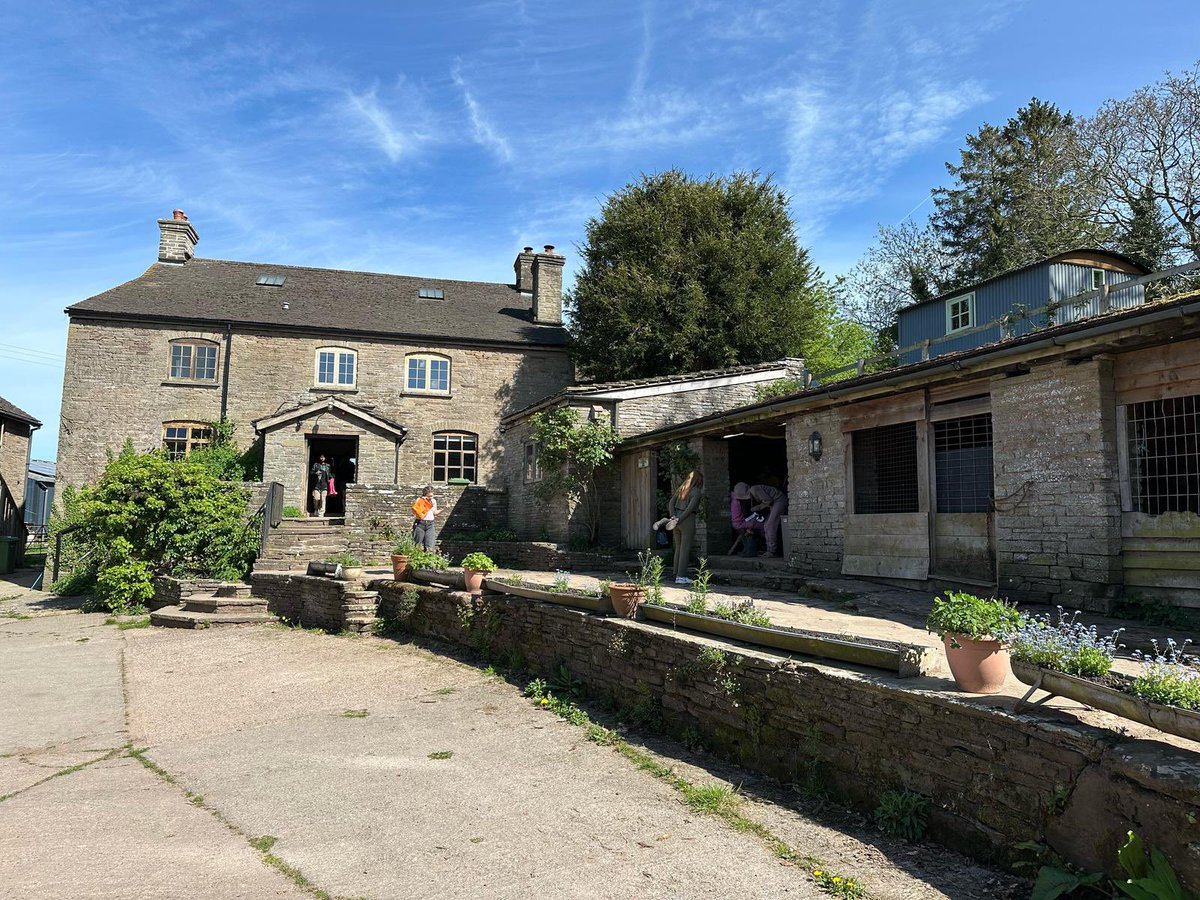Homework - Consolidating Curriculum Knowledge
On this page we explain our approach to homework and how students use it to consolidate their curriculum knowledge. You can also download our Knowledge Organisers for the term.
Homework is important because it enables students to:
- Continue learning outside of the classroom
- Consolidate newly-acquired knowledge, revise prior learning and practise skills
- Develop the self-discipline, perseverance and confidence to study independently
- Involve parents/carers in their learning.
Homework - secondary phase
Homework platforms and login details
At Harris Garrard Academy, we use a variety of digital platforms to support students in consolidating their curriculum knowledge. Below are the login details and links to subject homework platforms.
Seneca – History homework
Students can access their History homework via Seneca Learning.
- Login link: Seneca Learning
- Username: firstinitial.lastname@harrisgarrard.org.uk
- Password: Harris2024
Sparx – Maths homework
For Maths homework, students use the Sparx platform.
- Login link: Sparx Maths
- Username: firstnamelastname (e.g., John Smith would be johnsmith)
- Password: JaxJax
Languagenut – Spanish homework
Spanish homework is assigned through Languagenut.
- Login link: Languagenut
- Username: First name First letter of last name (e.g., Daisy-May Smith-Johnson would be DaisyS)
- Password: Individual passwords provided by the teacher
Bedrock – Literacy Homework
Literacy homework is set via the Bedrock platform.
- Login link: Bedrock Learning
- Username: Provided by your teacher
- Password: Provided by your teacher
If you experience any issues accessing these platforms, please contact your teacher for further assistance.
Examples of homework, and classwork, can be seen on our Great Learning page.
Homework - primary phase
In the primary phase, home learning is prioritised in the support of reading, spelling and arithmatic fluency. Children receive both a spelling and poetry book with selected tasks that help support their in school learning.
All children in the primary phase are encouraged to read every day. Children in EYFS and KS1 are given a phonics book to match the grapheme and sounds they are learning for the entire week; they are also encouraged to take home another book to share at home for pleasure. Children in KS2 independently select an age appropriate book they wish to read from the library based on their reading ages and this is then assessed in their weekly AR sessions.
Parents and carers should provide a well-lit desk in a quiet area for students to complete their homework. Parents and carers should ask to see their child’s homework before it is handed in. Parents should discuss the work with their child, ensure neat presentation and support the student in checking their work for spelling, punctuation and grammar.
Knowledge organisers
All students will receive their knowledge organisers from their subject teachers at the start of each term. Students will store these in the front of their subject exercise books where they will be regularly referred to. These outline the key powerful knowledge students need to be successful in the subject that term. All students are given a copy of their Knowledge Organisers but they can also be downloaded below.
View and download our Knowledge Organisers.
Every week in every subject, students will be directed to learn specific parts of their knowledge organisers by heart. This learning is then tested as a ‘Do Now’ activity at the start of the next lesson. Students are also expected to continually revise previously-learned knowledge. This is tested in end-of-term cumulative knowledge tests.
What are knowledge organisers?
A knowledge organiser is a set of key facts or information that pupils need to know and be able to recall in order to master a unit or topic. Typically, an organiser fits onto one page of A4 or A3 – this helps pupils to visualise the layout of the page which in turn helps them to memorise the information better.
Intent: Why do we use knowledge organisers?
GCSEs and BTECs are becoming increasingly challenging. Most subjects have lost their controlled assessments (previously known as coursework) and these have been replaced with additional exam papers. The focus of these exams is the retrieval and application of knowledge. This puts increasing pressure on students to know and retain even more information for longer.
Our short-term memory is designed to be just that and has limited capacity. Pupils find themselves unable to retain the information, they become stressed and often give up, convincing themselves they are no good at revising or that they “can’t do subject ‘x’ ”.
The secret to success is to regularly revisit the knowledge to be learned (known as ‘spaced retrieval’). This helps transfer the knowledge from the short-term memory to the long-term memory. This not only helps to make it ‘stick’ but it also frees up our short-term memory for day-to-day learning and experiences.
Implementation and impact: How will a knowledge organiser help my child?
Knowledge organisers will be made available at the start of each half term to help students remember what they’re learning and to help them to understand the bigger learning journey in their subjects. Instead of forgetting previous learning, pupils continually revisit and retrieve prior learning from their long-term memories making it easily accessible when needed.
How will a knowledge organiser help me to help my child?
Many of you ask us how you can help to support your children at home. Some of you are worried that you don’t have all of the subject-specific knowledge to be able to help your children. Some of you worry how to check that your children have done their homework and revision. The knowledge organisers will help you to do this easily.
Here are some strategies that might help you to support your son/daughter.
- Read through the organiser with your son/daughter – if you don’t understand the content then ask them to explain it to you – ‘teaching’ you helps them to reinforce their learning.
- Try converting the information into a mind map or make your own version using clip art imagery if the organiser contains a lot of text. Display on the wall or the fridge door until the memory ‘sticks’.
- Test them regularly on the spellings of key words until they are perfect. Make a note of the ones they get wrong – is there a pattern to the spelling of those words?
- Get them to make a glossary (list) of key words with definitions or a list of formulae.
- Try recording the knowledge from the organiser as an mp3 sound file that your child can listen to. Some pupils retain more information this way.
- Read sections out to them, missing out key words or phrases that they have to fill in. Miss out more and more until they are word perfect.
- Once they are word perfect and can remember all of the knowledge on the organiser, use the internet or a book to find out more or ask the teacher for some (more) exam questions.




















